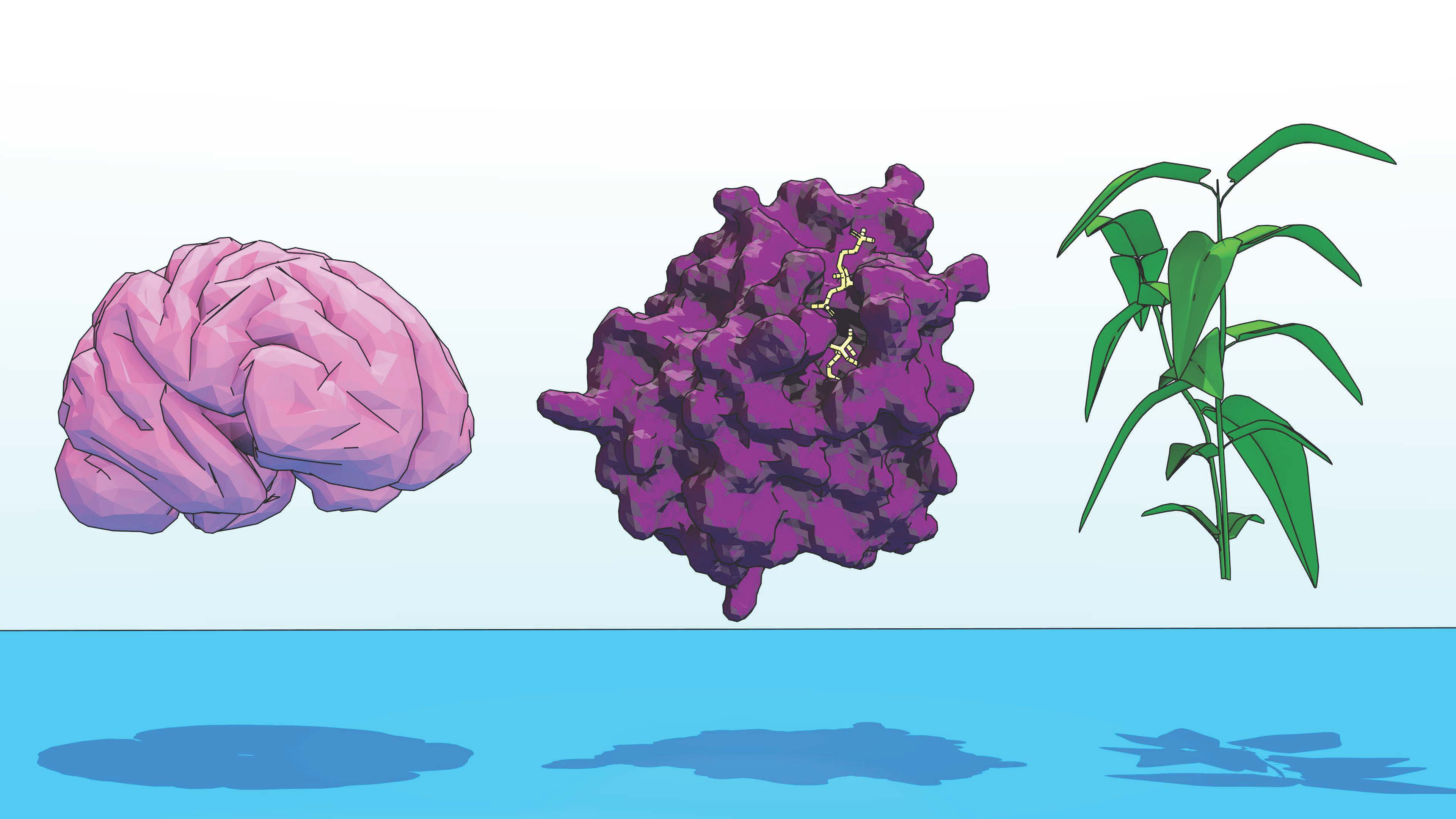New study may help improve brain health and food security

Research into the self-destruction of cells in humans and plants could lead to treatments for brain diseases and the development of disease-resistant plants.
A study co-led by Dr XiaoXiao Zhang from The Australian National University (ANU) identified the role certain proteins play in cells terminating themselves.
Scientists at ANU, The University of Queensland, Griffith University and CSIRO led the research with collaborators in the US, UK and Australia.
"Cell death is essential to sustain life in plants, humans and other animals, and must be tightly controlled to avoid damage to the greater organism," said Dr Zhang from the ANU Research School of Biology.
"In animals, cell death clears damaged neuron cells after injury. In plants, it is an immune response to infection by disease.
"This study has the potential to underpin future applications such as the development of drugs to treat human neuronal diseases, and to breed disease-resistant crops."
Neurodegenerative diseases affect millions of people worldwide and come about for different reasons, but the breakdown of brain cells is the common factor. Meanwhile, plant diseases account for more than 15 per cent of crop losses.
The team used a combination of structural biology, biochemistry, neurobiology and plant science to analyse cells and proteins, laying the foundation for some potentially ground-breaking innovations.
Dr Zhang said the team demonstrated that a particular protein family causes cell death in both animals and plants.
"Although related, these proteins in animals and plants function in different biological contexts and were not expected to function similarly," she said.
"Showing that they are activated in the same way is an important advance."
The research has been published in Science.
